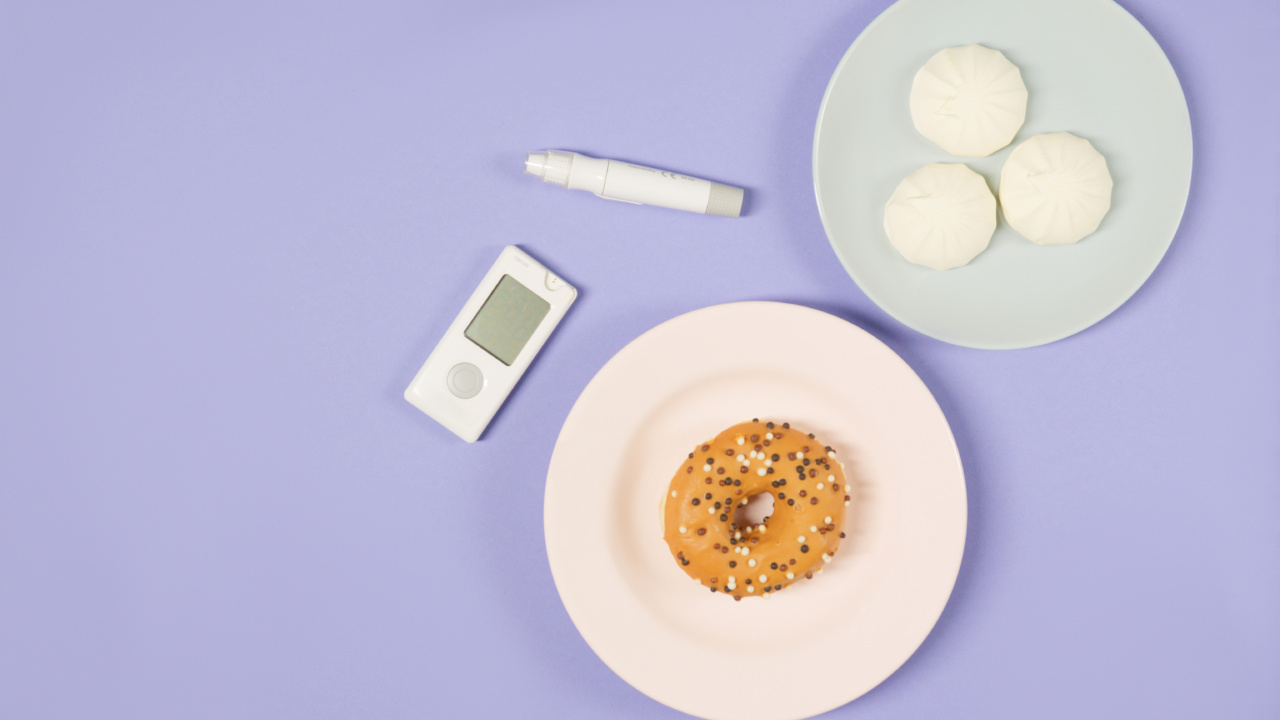High levels of uric acid in the blood can lead to a condition called hyperuricemia, which can cause gout. Gout is a form of arthritis characterized by severe pain, redness, and swelling in the joints.
While there are medications available to manage the symptoms of gout, making dietary changes can also help to lower your uric acid levels and reduce the frequency of gout attacks. This article will discuss foods to include and avoid in your diet to maintain healthy uric acid levels.
Foods to Include
1. Low-fat dairy products:.
Foods like milk, yogurt, and cheese are rich in dairy proteins that have been found to lower uric acid levels. Opt for low-fat or non-fat options to reduce the intake of saturated fats.
2. Cherries:.
Cherries, especially tart cherries, have anti-inflammatory properties and can help lower uric acid levels. Add fresh cherries or cherry juice to your diet to experience the benefits.
3. Berries:.
Strawberries, blueberries, and other berries are rich in antioxidants that reduce inflammation and can help lower uric acid levels. Enjoy them as a snack or add them to your breakfast cereal or yogurt.
4. Vegetables:.
Include plenty of vegetables in your diet, especially those high in vitamin C. Bell peppers, broccoli, kale, and citrus fruits are all excellent choices. Vitamin C helps to lower uric acid levels by increasing its excretion through the kidneys.
5. Whole grains:.
Replace refined grains with whole grains like brown rice, whole wheat bread, and whole wheat pasta. These are rich in fiber, which can help lower uric acid levels by increasing its excretion through the urine.
Foods to Avoid
1. Organ meats:.
Organ meats like liver, kidney, and sweetbreads are high in purines, which are broken down into uric acid by the body. Avoiding these meats is essential for maintaining lower uric acid levels.
2. Red meat:.
While you don’t have to completely eliminate red meat from your diet, it’s important to consume it in moderation. Red meat is also high in purines, so limit your intake to small portions, and opt for lean cuts.
3. Seafood:.
Some types of seafood, including anchovies, sardines, mussels, and scallops, are high in purines. Limit your consumption of these seafood varieties and opt for low-purine alternatives like salmon and trout.
4. Alcohol:.
Alcohol, especially beer, is known to increase uric acid levels in the body. It can also interfere with the elimination of uric acid from the kidneys. Limit your alcohol consumption, or avoid it altogether if possible.
5. Sugary beverages:.
Drinks high in added sugars, such as soda and fruit juices, can lead to weight gain and increase uric acid levels. Opt for water, herbal tea, or unsweetened beverages instead.
Other Tips to Lower Uric Acid Levels
1. Stay hydrated:.
Drinking an adequate amount of water each day can help flush out excess uric acid from the body. Aim for at least 8-10 glasses of water daily.
2. Maintain a healthy weight:.
Excess weight can contribute to higher uric acid levels. Losing weight, if necessary, can help lower your uric acid levels and reduce the risk of gout attacks.
3. Limit fructose intake:.
High fructose intake, especially from sources like corn syrup and sugary drinks, has been linked to increased uric acid levels. Read food labels and avoid products with high fructose corn syrup.
4. Exercise regularly:.
Regular physical activity can help maintain a healthy weight, improve blood circulation, and reduce uric acid levels. Include both cardiovascular exercises and strength training in your routine.
5. Avoid crash diets:.
Rapid weight loss methods like crash diets can increase uric acid levels temporarily. Instead, focus on making long-term, sustainable changes to your eating habits.































